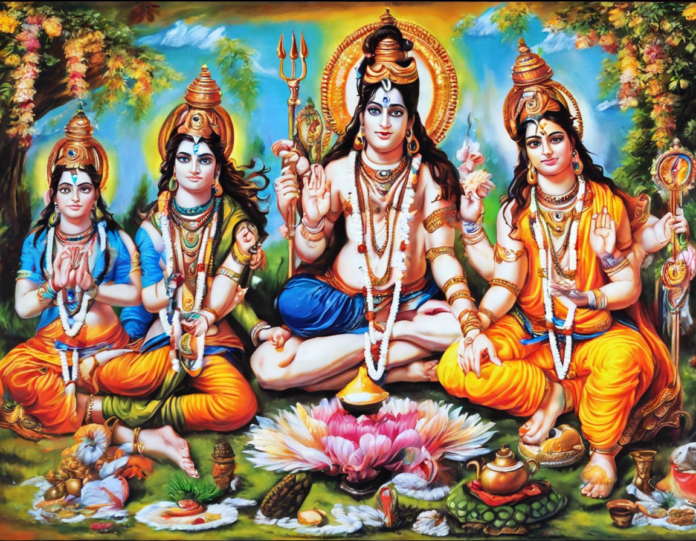When Is Shivratri: Date, Pooja Timings, and Significance
Introduction
The festival of Shivratri, also known as Maha Shivaratri, holds immense significance in Hindu culture. It is a night dedicated to the worship of Lord Shiva, one of the principal deities of Hinduism. Celebrated with great fervor and devotion, Shivratri falls on the 13th night and 14th day of the Krishna Paksha (waning phase of the moon) in the Hindu month of Phalguna. This festival usually falls in the months of February or March in the Gregorian calendar, depending on the lunar calendar.
Date of Shivratri
The date of Shivratri is determined based on the positioning of the moon and is observed on the 14th day of every lunar month. However, Maha Shivaratri, the most significant Shivratri, falls on the 14th day of the Krishna Paksha in the month of Phalguna. In 2022, Maha Shivaratri falls on Thursday, 24th February.
Pooja Timings
Devotees traditionally observe a day-long fast on Shivratri and offer prayers, milk, water, and bael leaves to Lord Shiva. The day is marked by visiting temples, observing fasts, chanting mantras, and performing various rituals dedicated to Lord Shiva. The customary Shivratri puja timings involve waking up early in the morning, taking a bath, and offering prayers and fruits as offerings to Lord Shiva throughout the day.
The Significance of Shivratri
Shivratri holds immense spiritual significance and is believed to be the night when Lord Shiva performs the heavenly dance of creation, preservation, and destruction. It is a time when devotees seek the blessings of Lord Shiva for health, wealth, and spiritual growth. The festival signifies the overcoming of darkness and ignorance in life, paving the way for spiritual enlightenment and growth.
Rituals and Traditions
On Shivratri, devotees engage in various rituals and traditions to honor Lord Shiva. Some of the common practices include:
- Observing a day-long fast: Many devotees fast on Shivratri as a mark of devotion and to seek the blessings of Lord Shiva.
- Visiting Shiva temples: Devotees visit Shiva temples to offer prayers, milk, water, and bael leaves to the deity.
- Chanting mantras: Reciting mantras dedicated to Lord Shiva, such as the Om Namah Shivaya, is believed to bring peace and prosperity.
- Abhishekam: Performing the ritualistic bathing of the Shiva lingam with milk, water, honey, ghee, and other sacred liquids.
FAQs (Frequently Asked Questions)
1. Why is Shivratri celebrated?
– Shivratri is celebrated to honor Lord Shiva and marks the night of his cosmic dance, symbolizing the cycle of creation, preservation, and destruction.
2. What is the significance of fasting on Shivratri?
– Fasting on Shivratri is believed to cleanse the body and mind, as well as show devotion and seek blessings from Lord Shiva.
3. Can anyone observe fast on Shivratri?
– While fasting on Shivratri is common, pregnant women, individuals with health conditions, and young children are exempt from fasting.
4. How is Shivratri celebrated in different regions of India?
– Shivratri is celebrated with different rituals across India. In states like Uttar Pradesh and Maharashtra, devotees stay awake all night chanting prayers, while in South India, it is marked by processions and cultural programs.
5. What are the benefits of chanting Om Namah Shivaya on Shivratri?
– Chanting the sacred mantra “Om Namah Shivaya” on Shivratri is believed to bring peace of mind, spiritual upliftment, and protection from negative energies.
6. Can non-Hindus participate in Shivratri celebrations?
– Shivratri is a cultural and spiritual festival, and people from all religions and backgrounds are welcome to participate in the celebrations and seek the blessings of Lord Shiva.
Conclusion
Shivratri is a festival that symbolizes the victory of light over darkness, knowledge over ignorance, and good over evil. It is a time for devotees to immerse themselves in devotion, seek spiritual growth, and seek blessings from Lord Shiva. By observing rituals, fasting, and performing pujas, devotees celebrate the essence of this auspicious day and renew their faith in the divine power of Lord Shiva.


